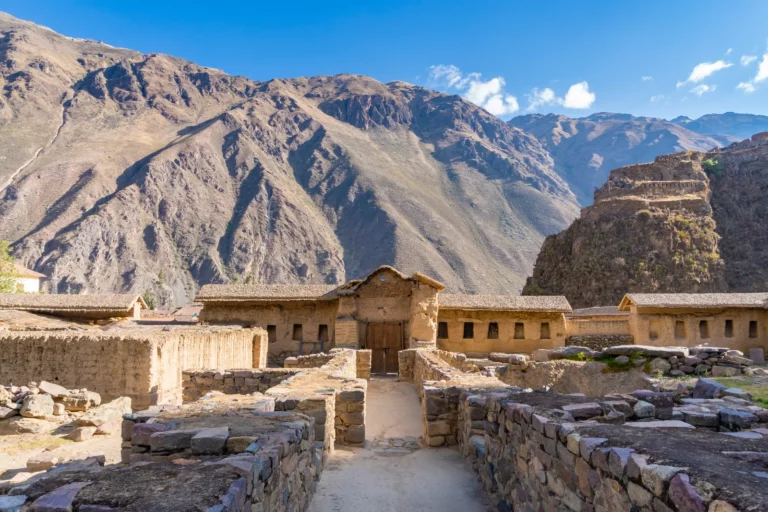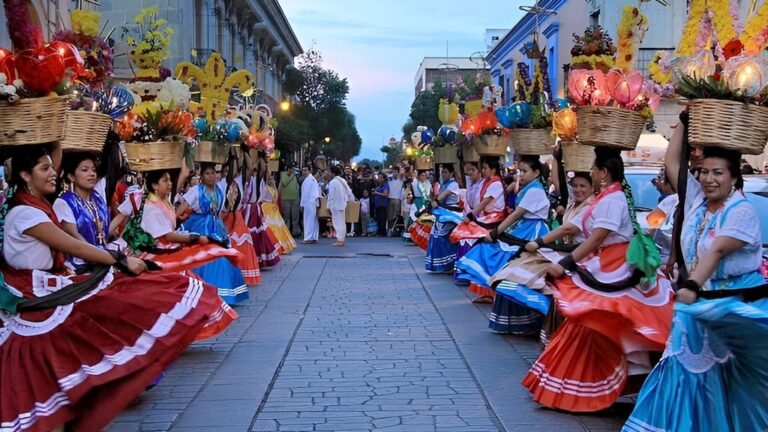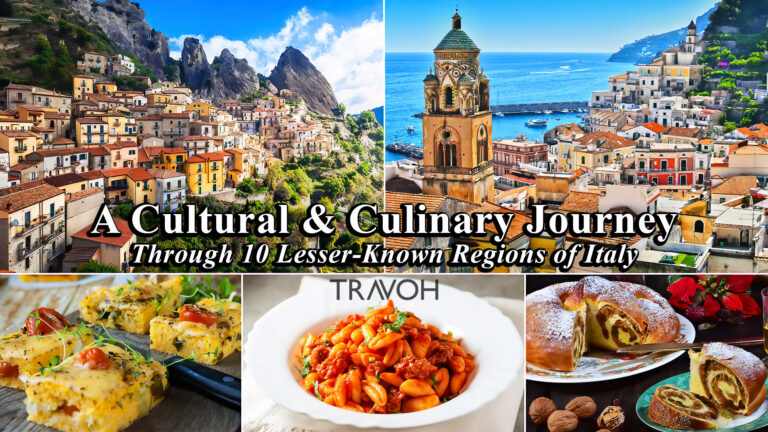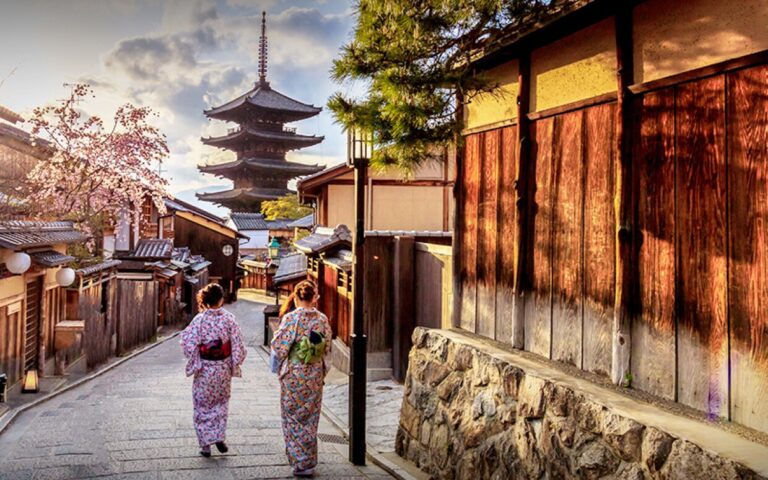Cultural Travel: A Complete Guide to Experiencing Authentic Traditions Worldwide
Cultural travel is more than just visiting new destinations; it is about immersing yourself in traditions, history, and lifestyles that shape the identity of communities around the world. This type of travel prioritizes authentic engagement, learning from locals, respecting heritage, and experiencing everyday life as it unfolds in different societies.
Unlike conventional tourism, cultural travel allows travelers to step beyond surface-level sightseeing. It’s a chance to understand the values and beliefs of other cultures, whether through food, language, festivals, or art. At its core, cultural travel helps preserve traditions while fostering mutual respect and global understanding.
What Defines Cultural Travel

Cultural travel is defined by its focus on heritage, traditions, and lived experiences. Instead of only exploring landmarks, travelers dive deeper into cultural practices that have been passed down through generations. This can include cooking local dishes with a family, participating in traditional music workshops, or attending indigenous ceremonies.
The defining feature of cultural travel is authenticity. It doesn’t just show you how people live, it invites you to participate. By doing so, cultural travelers contribute positively to communities, both socially and economically, while broadening their own worldviews.
The Importance of Cultural Travel Today
In today’s interconnected world, cultural travel plays a crucial role in bridging divides. It encourages travelers to embrace diversity and see humanity through a more empathetic lens. By participating in cultural travel experiences, you help sustain traditions that might otherwise be at risk of disappearing due to globalization and modernization.
Furthermore, cultural travel promotes responsible tourism. It often emphasizes sustainability, ethical interaction with local communities, and mindful appreciation of heritage. This makes it an essential form of travel for those who want their journeys to have a meaningful impact.
Real-World Examples of Cultural Travel Experiences
Balinese Cultural Immersion
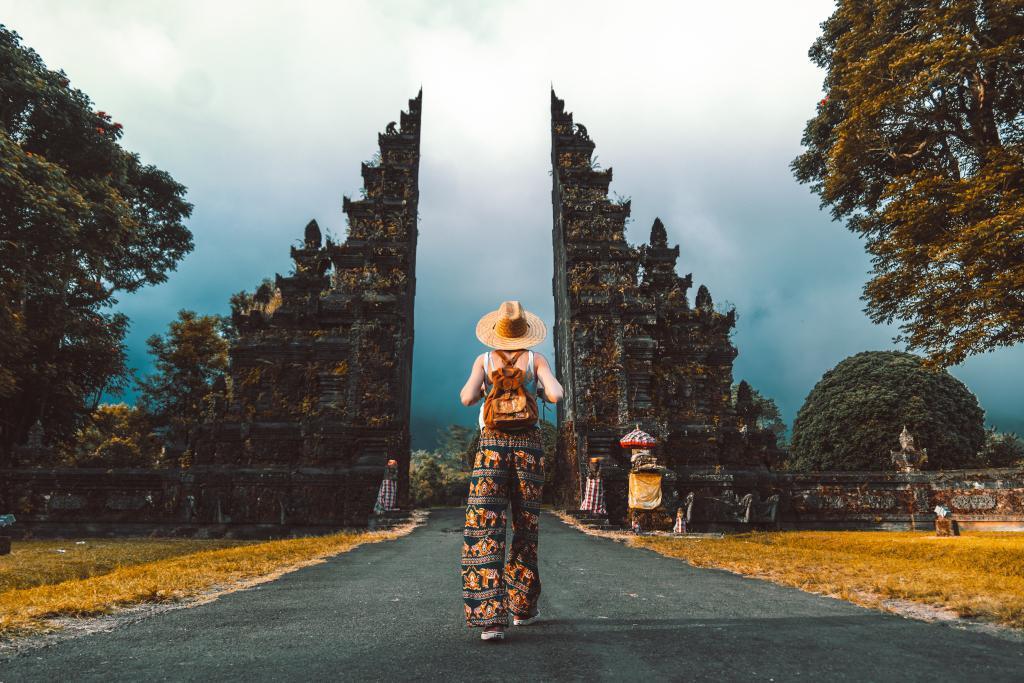
Bali offers more than beaches; it is a hub of cultural richness. A typical cultural travel experience might include learning traditional Balinese dance, participating in temple ceremonies, or trying batik painting workshops. These experiences provide a deeper understanding of Hindu traditions and how spirituality influences everyday life.
Travelers often find these immersive experiences transformative. Instead of simply observing Balinese culture, they take part in preserving rituals that hold historical and spiritual significance for local communities.
Sacred Valley and Andean Traditions in Peru

In Peru, cultural travel often centers around the Andean way of life. Visitors can explore ancient Inca sites, but cultural travel goes beyond archaeology. Spending time with Quechua families, learning weaving techniques, or joining in traditional farming practices gives travelers a real taste of how heritage continues to thrive.
This hands-on involvement not only preserves cultural knowledge but also provides economic support to indigenous communities. It’s a way of keeping traditions alive while strengthening cultural pride.
Japanese Tea Ceremony in Kyoto
Japan’s cultural travel experiences are often rooted in aesthetics, harmony, and tradition. One iconic example is the Japanese tea ceremony. Participating in this ritual helps travelers understand concepts of mindfulness, respect, and simplicity.
Through these ceremonies, visitors engage in an art form that reflects centuries of Japanese philosophy and cultural refinement. It’s more than drinking tea; it’s an education in patience, gratitude, and tradition.
Artisan Crafts in Morocco
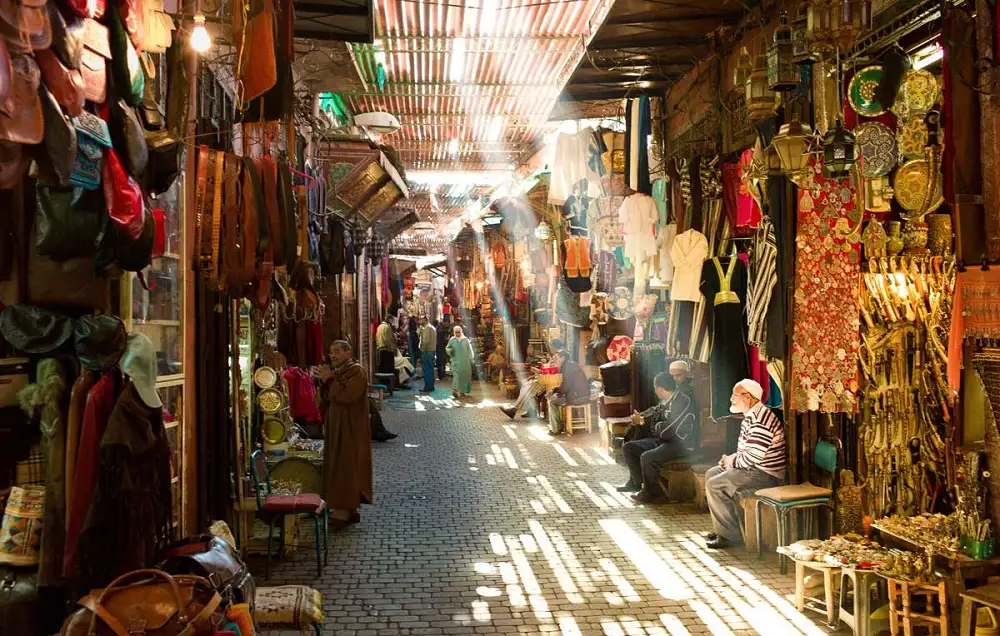
Morocco offers travelers a unique chance to engage in cultural practices tied to craftsmanship. From pottery in Fes to carpet weaving in Marrakech, visitors can witness artisans at work and even try their hand at creating something themselves.
These experiences connect travelers to Morocco’s centuries-old heritage of trade and craftsmanship. It highlights how culture is embedded in daily labor, storytelling, and artistry.
Benefits of Cultural Travel
One of the biggest benefits of cultural travel is perspective. By immersing yourself in new cultures, you gain insights that can’t be learned from books or documentaries. Cultural travel fosters empathy, reduces stereotypes, and enhances global understanding.
For travelers, the benefits also include personal growth. Immersion in cultural traditions often requires adaptability, open-mindedness, and humility. These qualities enrich life beyond travel, helping individuals build stronger cross-cultural communication skills.
Communities also benefit when cultural travel is practiced responsibly. Local economies are supported directly, and traditions that may be threatened by modernization are preserved. Instead of mass tourism that can sometimes exploit cultures, cultural travel empowers people to share their heritage on their own terms.
Use Cases of Cultural Travel
Strengthening Education and Global Awareness
Students and young professionals benefit from cultural travel as part of their learning journey. Studying history in a classroom is valuable, but standing inside ancient ruins or participating in a local festival makes the lessons unforgettable. Cultural travel makes education experiential, shaping well-rounded global citizens.
Promoting Sustainable Tourism
Many destinations face challenges with over-tourism. Cultural travel provides an alternative that distributes tourism more evenly across regions, bringing travelers to smaller communities. This helps reduce pressure on overcrowded areas while generating income in less-visited places.
Building Cross-Cultural Relationships
Cultural travel often results in lasting friendships between travelers and locals. These relationships promote cultural exchange long after the trip ends. Such bonds encourage respect, reduce cultural misunderstandings, and foster a sense of global community.
Preserving Intangible Heritage
UNESCO emphasizes the importance of safeguarding intangible cultural heritage, such as oral traditions, dances, and rituals. Cultural travel plays a direct role in supporting this preservation. By engaging in these traditions, travelers help maintain their relevance in the modern world.
Technology and Cultural Travel
Technology has become an essential tool in promoting cultural travel. Platforms now connect travelers with authentic experiences curated by locals, ensuring access to heritage-based activities. Apps and digital guides provide background knowledge that enriches the traveler’s understanding before arriving at a destination.
Virtual reality (VR) also plays a role, allowing travelers to preview cultural experiences before they arrive. While digital tools should never replace in-person immersion, they can spark curiosity and prepare travelers for meaningful engagement. Additionally, social media helps spread awareness about cultural preservation, inspiring more people to seek authentic travel experiences.
Frequently Asked Questions
What is the difference between cultural travel and traditional tourism?
Cultural travel emphasizes authentic immersion in traditions and lifestyles, while traditional tourism often focuses on sightseeing and surface-level experiences. The former is about participation, while the latter is more about observation.
Why is cultural travel important for local communities?
Cultural travel supports local economies and helps preserve traditions. It ensures that communities benefit directly from tourism while maintaining control over how their heritage is shared.
Can cultural travel be practiced sustainably?
Yes. When approached responsibly, cultural travel promotes sustainability by respecting local customs, supporting small businesses, and reducing the negative impacts of mass tourism.
